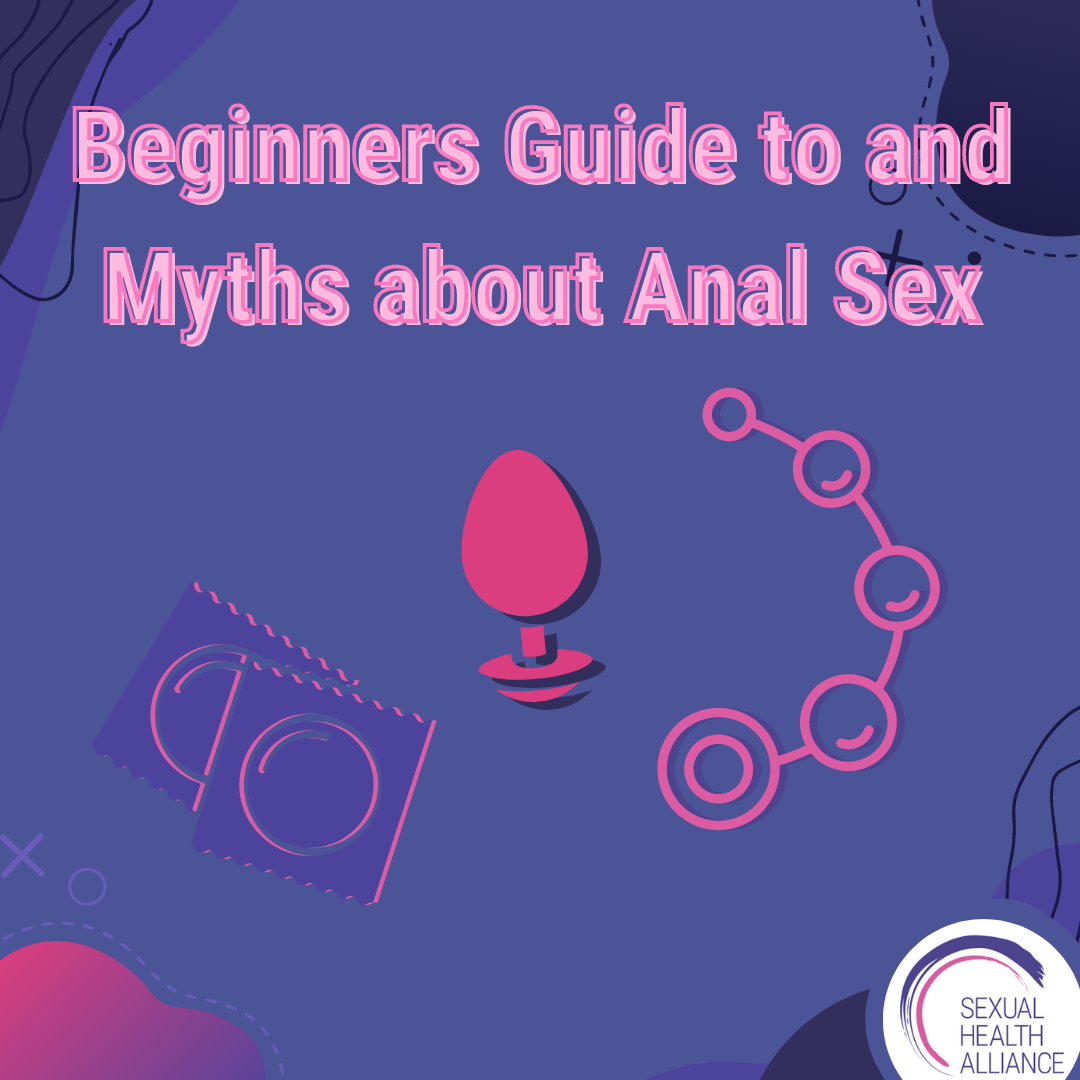![3 Ways to Meet Your Partner’s Sexual Ideals and Why You Should]()
Sexual compatibility is not a guarantee in intimate relationships. We fall in love and commit to relationships for many different reasons, and being a good sexual match is often not a high priority. I see a great many people who enter into relationships and make strong, deep commitments to people they don’t find sexually attractive or a good erotic match. All too often, these characteristics change over time, as our bodies and lives change, as a person we once found erotically exciting changes, and we lose some of that physical interest. Sometimes, I see individuals and couples in treatment who initially entered into a relationship with the idea that a sexual match simply wasn’t all that important. They told themselves (and were told by society, family, culture, religion, and the media) that what was most important was a spiritual and emotional bond and life partnership. Sexual satisfaction and connectedness are often treated as secondary at best, if not irrelevant. “Why would you want a divorce just because you’re sexually unhappy? You’ve got everything else that you could possibly want in your marriage!” But different sexual interests, sexual desire discrepancy, and unmatched sexual needs are among the most common reasons that couples come to therapy. It turns out that despite what people tell themselves, sexual compatibility is important. And how we deal with sexual mismatches may be even more important than a sexual match.
For many people, sexual satisfaction is an important component of their lives, though sexual satisfaction is a complex and nuanced factor. For instance, when couples are sexually unsatisfied, it contributes disproportionately (around 60% or so) to feelings of general relationship dissatisfaction. Unfortunately, when a couple is sexually satisfied, it contributes only around 15-20% to their general relationship satisfaction. So being sexually unsatisfied weighs heavily on people's feelings about their relationship, but sexual satisfaction won't save an otherwise troubled relationship.
Often, sexual satisfaction is measured and assessed by simple sexual frequency: Are you having sex as much as you would like to? Unfortunately, sexual satisfaction involves more than that: If you’re having lots of sex, but it’s not the kind of sex you really want, or with a partner who you find sexually attractive, is that truly satisfying? For people who are in a relationship with someone who doesn’t meet their sexual ideals, or matches what we really want in a sexual partner, people try a variety of strategies to overcome this sexual mismatch. They may try to reframe their expectations and ideals to meet their partner (talk themselves into being happy with what they’ve got); they may perceive their partner as being closer to their ideal than the partner really is (try to see the glass as half-full), or they may actually try to change their partner to meet their ideals. These strategies may or may not succeed, but it's clear that trying to change your partner rarely works, and often actually increases both relational conflict and personal dissatisfaction.























